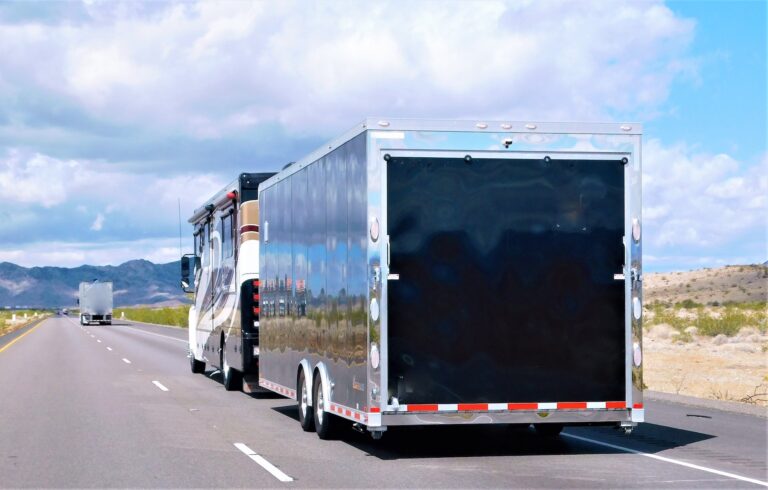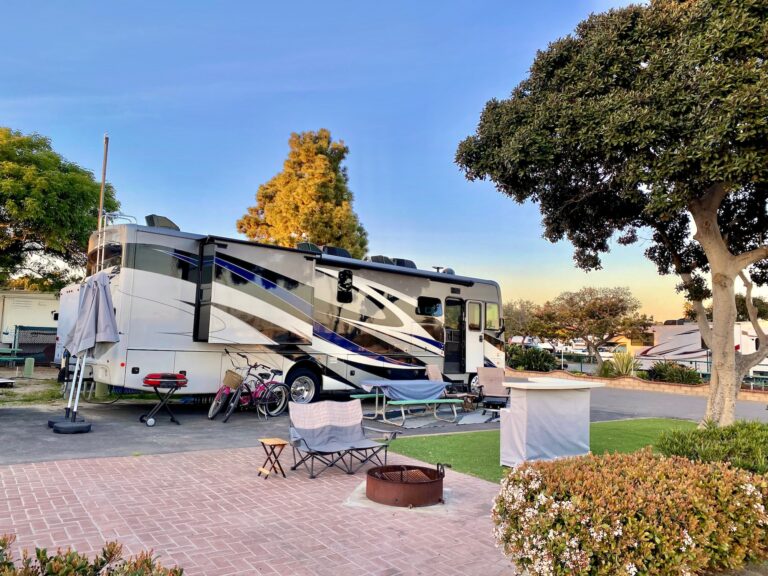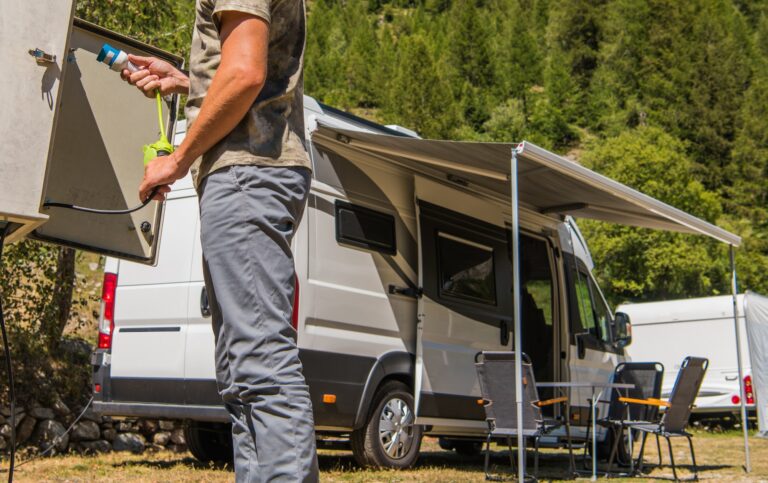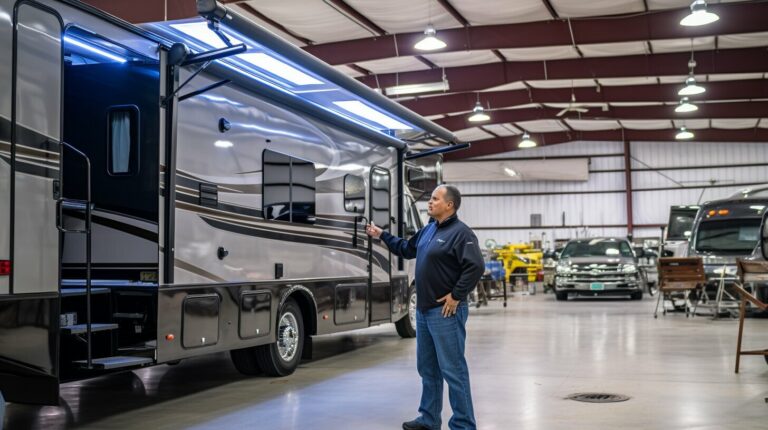Purchasing an RV is a significant investment, and it’s essential to protect that investment with an appropriate warranty. RV warranties can provide coverage for various aspects of your vehicle, from the chassis and engine to the appliances and living space. In this comprehensive guide, we’ll cover everything you need to know about RV warranties, including the types of coverage available, factors to consider when choosing a warranty, and tips for getting the most out of your protection plan.
1. Introduction to RV Warranties
An RV warranty is a contract between the owner and the manufacturer, dealer, or a third-party warranty provider that promises to cover specific repairs or replacements due to defects or malfunctions within a specified period. RV warranties are designed to provide peace of mind and protect your investment by covering potential repair costs, ensuring your vehicle remains in good working order, and safeguarding its resale value.
2. Types of RV Warranties
There are several types of RV warranties available, each offering different levels of coverage and protection. Here are the main categories:
- Manufacturer’s Warranty: This is the warranty provided by the RV manufacturer, covering defects in materials and workmanship. Manufacturer warranties typically range from one to three years and may be limited by mileage or hours of use. They generally cover the entire RV, including the chassis, engine, and living space.
- Appliance and Component Warranties: Many RV appliances and components come with their own separate warranties, which are often provided by the manufacturers of those specific items. Examples include air conditioners, refrigerators, furnaces, and water heaters.
- Dealer Warranty: Some RV dealers offer their own warranties, which may cover additional items not included in the manufacturer’s warranty. Dealer warranties can vary in terms of coverage, duration, and exclusions, so be sure to read the fine print carefully.
- Extended Warranty: An extended warranty is a separate contract purchased from a third-party warranty provider that extends the coverage period beyond the manufacturer’s warranty. These plans can cover a wide range of RV components and systems, and may offer additional benefits such as roadside assistance, trip interruption coverage, and more.
3. Factors to Consider When Choosing an RV Warranty
When evaluating RV warranties, there are several factors to consider to ensure you’re getting the right coverage for your needs:
- Coverage: Determine what components and systems are covered under the warranty, and pay close attention to any exclusions or limitations. Be sure to read the fine print carefully, as some warranties may only cover specific parts or require certain maintenance procedures to maintain coverage.
- Duration: Consider the length of the warranty and whether it’s sufficient for your needs. Remember that the longer the warranty, the more protection you’ll have, but this may come at an additional cost.
- Transferability: If you plan to sell your RV before the warranty expires, check whether the warranty is transferable to the new owner. This can be an attractive selling point that adds value to your RV.
- Deductibles and Co-Pays: Some warranties require a deductible or co-pay for each repair, which can impact the overall cost of the warranty. Be sure to factor this into your decision.
- Repair Facility Options: Check whether the warranty allows for repairs to be performed at any repair facility, or if you’re required to use specific, approved facilities. This can impact your convenience and access to timely repairs.
4. Tips for Maximizing Your Warranty Coverage
To get the most out of your RV warranty, follow these tips:
- Perform Regular Maintenance: Most warranties require that you follow the manufacturer’s recommended maintenance schedule to maintain coverage. Keep detailed records of all maintenance performed, including receipts and invoices, as you may need to provide this documentation in the event of a claim.
- Address Issues Promptly: If you notice a potential issue with your RV, address it as soon as possible. Waiting too long to address a problem can lead to further damage and may void your warranty coverage.
- Understand Your Warranty: Familiarize yourself with the terms and conditions of your warranty, including coverage, exclusions, and the claims process. This will help you avoid any surprises down the road.
- Seek Pre-Authorization for Repairs: Before having any repairs performed under warranty, contact the warranty provider to obtain pre-authorization. This ensures that the repair is covered and helps avoid any disputes over coverage.
5. Dealing with Warranty Claims and Repairs
When faced with a warranty claim or repair, follow these steps to ensure a smooth and efficient process:
- Contact the Warranty Provider: Notify your warranty provider as soon as you become aware of a potential issue. They can help guide you through the claims process and determine whether the repair is covered.
- Seek Pre-Authorization: Obtain pre-authorization from your warranty provider before having any repairs performed. This helps avoid any disputes over coverage and ensures that you’re working with an approved repair facility.
- Document Everything: Keep detailed records of the repair, including invoices, estimates, and any correspondence with the warranty provider. This documentation can be crucial in the event of any disputes or future claims.
- Follow Up: After the repair is completed, follow up with your warranty provider to ensure that the claim has been closed and any required payments have been processed.
6. Extended RV Warranties: Pros and Cons
Extended warranties can offer additional peace of mind and protection beyond the manufacturer’s warranty. However, they also come with their own set of pros and cons:
Pros:
- Extended Coverage: An extended warranty can provide coverage for a longer period, ensuring that your investment is protected for years to come.
- Additional Benefits: Many extended warranties offer added benefits, such as roadside assistance, trip interruption coverage, and concierge services, which can enhance your RV ownership experience.
- Peace of Mind: Knowing that you have an extended warranty in place can provide peace of mind and help you enjoy your RV without worrying about unexpected repair costs.
Cons:
- Cost: Extended warranties can be expensive, and the cost of the warranty may outweigh the potential savings on repairs.
- Overlapping Coverage: Some extended warranties may overlap with existing manufacturer’s warranties, meaning you’re paying for duplicate coverage.
- Exclusions and Limitations: As with any warranty, extended warranties may have exclusions and limitations that can impact coverage. Be sure to read the fine print carefully to ensure you’re getting the coverage you expect.
7. Final Thoughts and Tips
When it comes to RV warranties, knowledge is power. Understanding the different types of warranties available and the factors to consider when choosing a warranty can help you make an informed decision that protects your investment and provides peace of mind. Here are some final tips to keep in mind when navigating the world of RV warranties:
- Shop Around: Compare warranties from multiple providers to find the best coverage and price for your needs.
- Ask Questions: Don’t be afraid to ask questions about the warranty coverage, terms, and conditions. A reputable warranty provider should be happy to answer your questions and provide the information you need.
- Consider Your RV Usage: The way you use your RV can impact the type of warranty coverage you need. For example, if you plan to live in your RV full-time, you may want a warranty that covers more items and has a longer duration.
- Read Reviews: Research customer reviews and testimonials to gain insight into the experiences of other RV owners with various warranty providers. This can help you identify any potential red flags or issues with a particular provider.
By taking the time to understand RV warranties and carefully evaluating your options, you can find the right coverage for your needs and enjoy your RV with confidence, knowing that your investment is protected.





